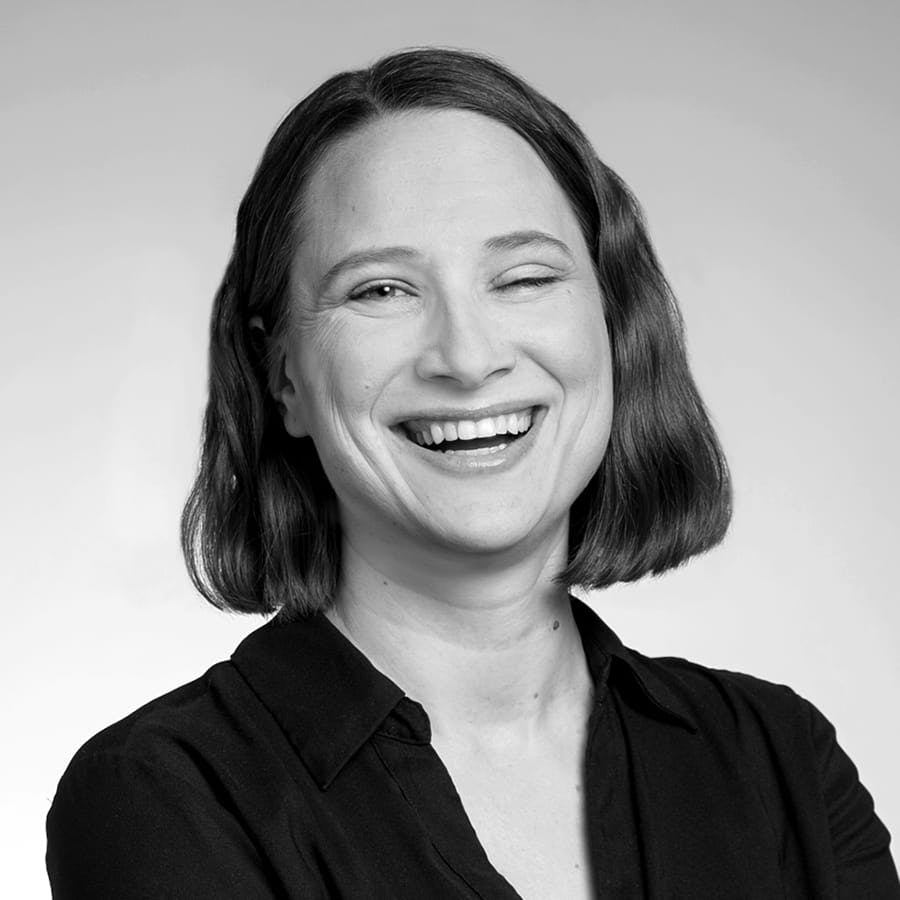Karen Warner
Exploring how California's Central Valley can help scale bio-based climate solutions.

Karen Warner learned to build international operations as an early leader of Global Health Corps. She explored philanthropy and impact investing as an early team member at Emerson Collective. She has worked in the private sector, and with local, state, and federal governments to develop cross-sector partnerships and strategies for scaling up social innovation. In 2018, she returned to her hometown in the Central Valley of California to serve as district chief of staff for a member of Congress.
After becoming a parent—and drawing inspiration from young climate activists—she found herself drawn to the climate movement. She began to explore ways that her home region of the Central Valley could both lead, and benefit from climate solutions.
Today, she leads BEAM Circular, a new action accelerator at the intersection of agriculture, climate, and bioscience that advances regional efforts to scale up climate solutions and generate economic opportunity in disinvested communities.
As an Emerson Collective Fellow, Warner will build the North San Joaquin Valley, BioEconomy, Agriculture & Manufacturing (BEAM) initiative. It will focus on rapidly testing and scaling innovations that convert waste from food and agriculture into value, for example, through the creation of bio-based plastics and other materials.
The North San Joaquin Valley, Warner’s home community, is one of the most productive agricultural regions in the world. Although it borders the Bay Area, a major hub of capital and innovation, too much gets “lost in translation” between those regions: The tri-county North San Joaquin Valley is home to a historically disinvested population of 1.6 million people. Poverty, and public-health burdens abound.
BEAM was catalyzed by community-based economic planning efforts led by Stanislaus County that address regional inequities. It has been developed with advisers from the Brookings Institution and Lawrence Berkeley National Laboratory, and with community, business, education, and government partners.
BEAM will work with its partners to drive public and private projects that accelerate the circular bioeconomy, transforming agricultural waste into a variety of materials and products.
Aligning talent, innovation, shared infrastructure, and capital, this regional effort aspires to make a dent in the 24% of global greenhouse-gas emissions associated with food, agriculture, and land use, while modeling a way for agricultural communities to build more-inclusive and resilient economies.
More about The Emerson Collective Fellowship.
Related content: